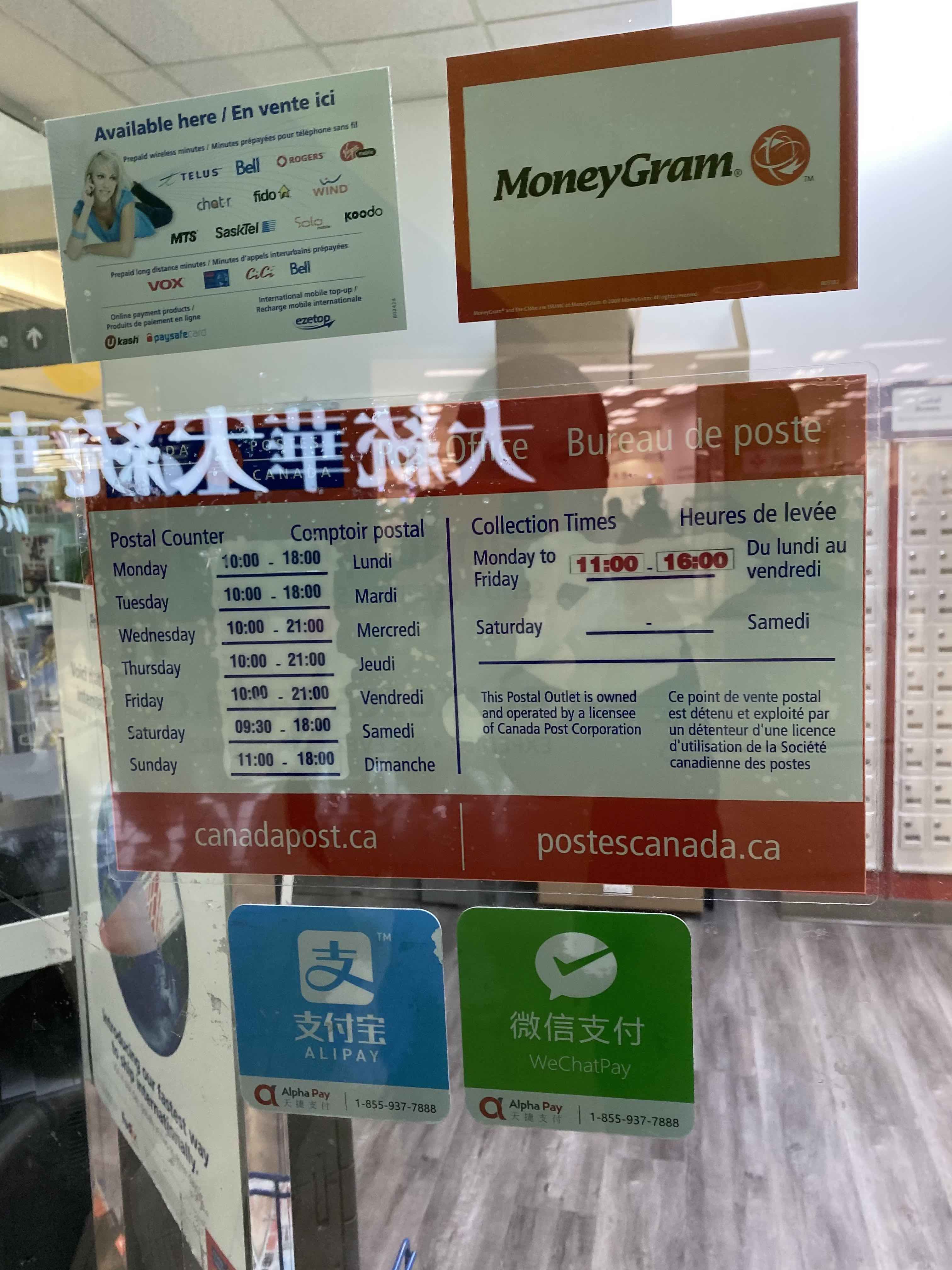For a long time I thought that the unlimited printing of money would lead to high inflation rates in the US, but over the past weeks I have changed my mind completely on this topic. Yesterday’s speech by FED chairman Jerome Powell, in which he said that the FED would aim for a higher inflation to keep the economy going, reinforced my vision that the US keeps heading for deflation in goods and services, but that we will still see ongoing (and increasing) asset inflation.
Asset inflation means the increase in price of mainly financial assets, including among others equity (stock prices), real estate (house prices will keep going up), commodities (gold), but also Bitcoin. The prices for goods and services will go down, however. I totally dismissed this for a long time, because I did not take the effect of exponential technological progress on prices into account. Almost every sector is switching to technology solutions, meaning that products improve while keeping the same price (e.g. new iPhones get better every year but prices remain similar), or products remain the same at a lower price (older model iPhones are reduced in price).
Staying with the phone example: in 1988 when my dad bought his first ‘mobile’ phone this was probably several thousand dollars. It was huge and the battery would be better suited for weight lifting exercises than for a mobile device. You could call for 30-60 minutes before the battery was empty, and the price for calling was at least $1 per minute. Calling was all the device could do, it could not even do text messaging. Nowadays an iPhone can still make calls, but it can do so for free (WhatsApp, FaceTime), for a much longer period of time, and the phone can do almost anything you can imagine (it’s also a computer, a camera, a voice recorder, a TV, a video recorder, a wallet to pay with, etc. etc.). And that all for a fraction of the price of the original phone. That is real deflation, but most people don’t see it. This is the same for every electronic device. Even if prices are similar it can do a lot more than earlier versions.
You can see this for almost every product and the reason is that technology is improving fast, which leads to among others cheaper and faster chips, but also to improved production methods. This will only continue and might even accelerate because of COVID-19. Many companies are looking for shortcuts to save money and the easiest way to save money is by reducing or replacing labour with technology (meat plants will likely completely change to robots after the COVID-19 outbreaks , but also restaurants may start using robots as servers – as happens in some places in Asia already).
Artificial intelligence is becoming more ubiquitous and now already has the potential to replace many jobs (Google “GPT-3” and keep in mind that this will keep improving exponentially). Eventually labour cost in production costs will go to almost zero. Another big change is happening in the cost of energy: my prediction is that because the cost of renewable energy (esp. solar) is falling so much that energy will eventually be almost free. I can give many more examples, but they are all more of the same: new technologies lead to lower costs, which in turn will lead to lower prices.
The only reason many products are still going up in price (mainly food and other daily products) is because the government is pumping money into the economy. This leads more and cheaper credit (government money goes to banks, that have to lend it out to make money) which leads to more demand, and more demand leads to increasing prices. This actually also happens to some of the products mentioned above (such as mobile phones), but because their production gets exponentially cheaper these consumer prices still go down, but not as much as without credit. I think we are just in the early stages of deflation, especially after COVID many industries will start looking at ways to replace humans. So unless governments stop printing money things will start to get cheaper.
Asset inflation is what happens because money has to go somewhere. There is simply too much money in the economy and it does not end up with the average Joe. The money is mainly injected into financial institutions instead of distributed directly to people and this leads to the so-called Cantillon effect, whereby financial assets go up in price but other prices remain stable or go down. My prediction is that the stock market, gold and Bitcoin will keep on going up, most likely at an even faster pace than now. Stock markets might still crash temporarily once markets realize what has happened to the economy (the effects are not visible yet and economic effects will be MUCH worse than people realize), but they will recover. Some stocks may go down of course (traditional companies that do not innovate enough may not survive for much longer), but if you are invested in companies with network effects and technology (Facebook, Amazon, Tencent, Alibaba) you can make a killing. Also BTC and gold will do very well in my opinion, especially Bitcoin still can go up at least 25 times over the next couple of years.
Jerome Powell’s speech made clear to me that the FED has lost control. They simply don’t know what to do it seems. They don’t have an unemployment target anymore, maybe because they realize that unemployment will keep on going up? An economic target of full employment that I studied in Keynesian economics in university might never happen again. The FED’s inflation target will be hard to reach if prices keep on going down, so they have to print even more money. That will lead to even larger inequality. I worry that the higher inflation target will be devastating for the economy and especially for the lower & middle classes, because their incomes won’t rise but their daily expenses will. This will lead to even more social unrest, and that combined with continuous new records in the stock market could potentially lead to a French Revolution 2.0. I don’t think this will end well.


